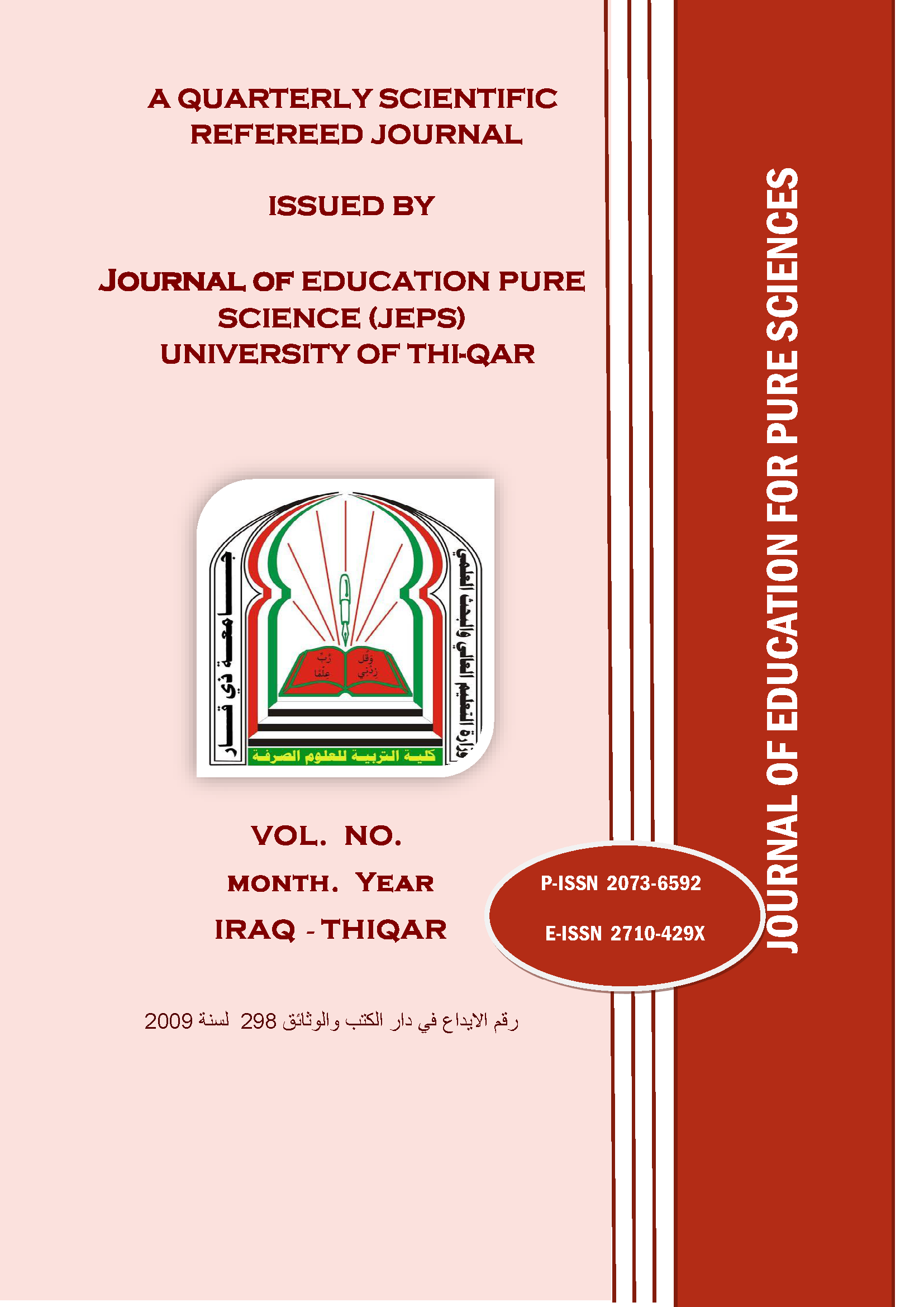Protective Effects of Silymarin Co-Administered with CCl4 on Hepatotoxicity and Its Impact on Liver enzymes and Lipid Profile
DOI:
https://doi.org/10.32792/jeps.v14i4.481Keywords:
Silymarin, CCl4, hepatotoxicity, Milk Thistle, liver toxicity, flavonolignansAbstract
This study explained the protective effects of silymarin against liver toxicity induced by carbon tetrachloride (CCl4) in female rats. Silymarin, a natural herbal compound extracted from the Milk thistle (Silybum marianum) plant, possesses well-documented antioxidant, anti-inflammatory, and anti-fibrotic properties. In the conducted experiment, rats that received silymarin alongside CCl4 exhibited significant improvements in liver enzyme (ALT, AST, ALP, and GGT) levels and lipid profiles (Total Cholesterol (TC), Triglycerides (TG), Low-Density Lipoprotein (LDL), High-Density Lipoprotein (HDL), and Very Low-Density Lipoprotein (VLDL) compared to those treated only with CCl4. These findings indicate that silymarin may serve as a potential preventive option for reducing liver damage caused by CCl4. Additional research is needed to comprehensively understand silymarin's impact on lipid metabolism and liver injury.
Downloads
Published
Issue
Section
License
Copyright (c) 2024 Journal of Education for Pure Science- University of Thi-Qar

This work is licensed under a Creative Commons Attribution-NonCommercial-NoDerivatives 4.0 International License.
The Authors understand that, the copyright of the articles shall be assigned to Journal of education for Pure Science (JEPS), University of Thi-Qar as publisher of the journal.
Copyright encompasses exclusive rights to reproduce and deliver the article in all form and media, including reprints, photographs, microfilms and any other similar reproductions, as well as translations. The reproduction of any part of this journal, its storage in databases and its transmission by any form or media, such as electronic, electrostatic and mechanical copies, photocopies, recordings, magnetic media, etc. , will be allowed only with a written permission from Journal of education for Pure Science (JEPS), University of Thi-Qar.
Journal of education for Pure Science (JEPS), University of Thi-Qar, the Editors and the Advisory International Editorial Board make every effort to ensure that no wrong or misleading data, opinions or statements be published in the journal. In any way, the contents of the articles and advertisements published in the Journal of education for Pure Science (JEPS), University of Thi-Qar are sole and exclusive responsibility of their respective authors and advertisers.





